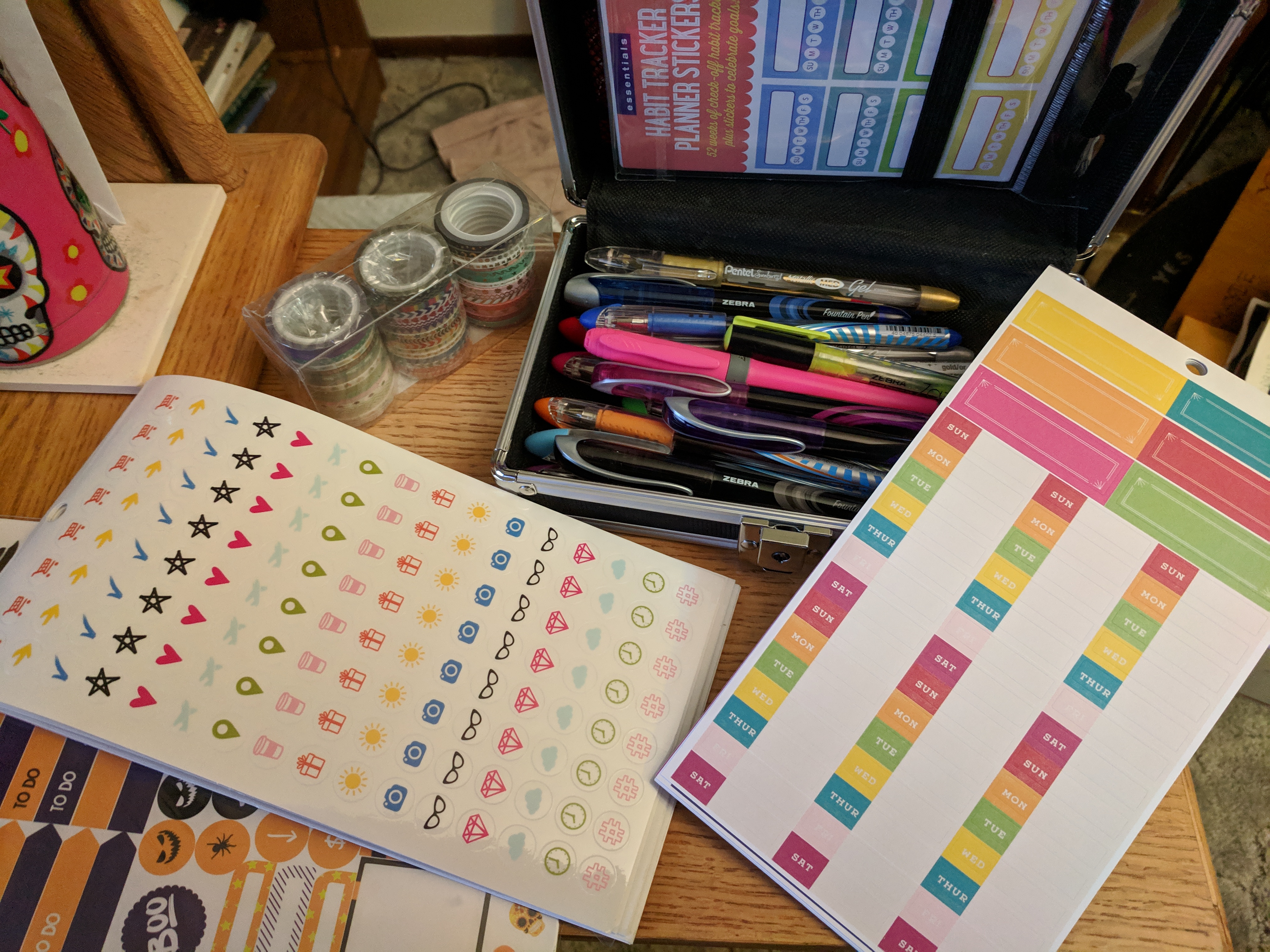
12 Things to Know Before Starting Your Own Business
This month’s theme is sacrifice – or – to make sacred. There are a lot of things we make sacred when we go into business for ourselves. Our time, our energy, and our attention. This list kind of fits this theme. So here are a few of the things I wish I knew before I started my own business. Mind you, however, that knowing these things ahead of time I likely would have trudged forward anyway. It would have been great to have a heads-up though. 🙂
- HIRE AN ACCOUNTANT: That way you know your taxes have been done right and you’ll stay out of hot water. I stopped doing my own taxes the minute my writing income breached $10K a year and I started feeling a bit nervous filling out all the new forms and having anxiety attacks wondering if I’d forgotten something. Yes, you have to sacrifice some money, but it’s totally worth it for the stress relief.
- YOU CAN’T DO IT ALL YOURSELF: I hire editors and cover artists because those are two things I’ve never been able to do for myself and I knew that going in. Maybe your business is different. Maybe in the beginning you can do it all yourself, but as your business grows, you find you can’t manage to find the time to do the basic things your business does (like making widgets or producing content). That’s when it’s time to hire help. I resisted this for a lot of years until circumstances beyond my control forced me to give up some of the control and hire a few things out. I hired out my social media and hired a PA to deal with my email and scheduling Once I did that, I honestly wondered why I hadn’t done it sooner. I recovered SO MANY HOURS by doing this that I was able to produce more content and do more of what I love. I had to sacrifice my need to control every little thing (which was hard) for this one. This is another thing that also requires a sacrifice of money, but in the end, it’s money well spent. Also – don’t take on more than you can handle! Otherwise you’ll find yourself sprinting deadline to deadline at a dead run and you’ll never feel caught up.
- MAKE TIME FOR YOUR PRIMARY BUSINESS EVERY DAY: That means, whatever the main function of your business is, make time for it every day. It’s easy to get caught up in the administration end of things to a point where you find yourself not doing any of the things that actually make money – producing the content or making the widgets. You can’t sell something you don’t have and all the marketing in the world won’t help you. I sacrificed more by spending too much time doing admin work than I did putting it off on the back burner. It will keep and I get to it after my content creation goals are met every day.
- TAKE DAYS OFF: The self employed have this nasty habit of working 24/7. We become workaholics and control freaks (which is likely why we went into business for ourselves to begin with). This, however, can lead to burnout pretty damn quickly, as well as other health problems. You need self care. You need time off. If you have to – schedule it! Yes, you do sacrifice time where you could be getting more done, but at the same time, it’s better than burning out. I’ve been in burnout and it’s NOT fun. So right now – go into your schedule and set up office hours. Do not work outside those office hours if you can help it.
- INVEST IN YOUR EDUCATION: Whether it’s by reading books or taking classes in your industry, lifelong learners are more successful business owners. Don’t skimp on your education. You sacrifice money, yes, but what you learn can increase your bottom line. I took some classes in advertising last year. Yes I sacrificed money. Yes, I sacrificed time. But I doubled my income as a result.
- INVEST IN ADVERTISING: But only after you learn the ins and outs of the advertising platform you’re using. As the old saying goes: you have to spend money to make money. I resisted paid advertising for a lot of years, relying only on word of mouth. I would have thrown this miserly attitude out the window sooner had I realized how much better off I would be if more people were reading my stories. The sacrifice here is money.
- STICK TO A SCHEDULE: I’ve never been one for schedules because they always seemed to get muddled up. But over the years I’ve noticed that sticking to a schedule has helped me to increase my overall bottom line. My family also has a very clear idea of when I’m working and when I’m not, making them feel more comfortable being able to plan family outings or get-togethers. Plus, it make it more motivating to get things done if you know you only have a limited number of working hours. Plus, a publishing schedule keeps readers happy. And while I still have some releases marked “Tentative”, I know that readers love the fact that they have something definite to look forward to with the books I have pre-scheduled (because they’re already done). The sacrifice here is spontaneity. But it’s for a good cause.
- STOP COMPARING YOURSELF TO OTHER PEOPLE: You’re not them and they’re not you. You are two unique individuals. For example: In the writing world it’s common for writers to judge themselves based on the most prolific writer they know who’s releasing monthly or even twice a month. Know your limits and do you’re own thing. Comparing yourself to others is like comparing yourself to a fish and beating yourself up because you can’t breathe under water. We all have our limitations and our own speed of producing. Move at a comfortable speed where you’re not sacrificing quality and you won’t go wrong. The sacrifice here is accepting yourself and your capabilities.
- DON’T RUSH TO GET BIG: People underestimate the idea of starting a business and staying small. Staying small (or even downsizing) has its advantages. Check out the book Company of One, which outlines a new movement where the self-employed don’t take on more than they can handle. If you have to have a waiting list — have a waiting list. Don’t burn yourself out by trying to go big if you really don’t want to get big. Otherwise you’re going to find you need to hire people to help you keep up – and if you refuse to give up control to someone else for some aspect of your business – you’ll eventually regret it. Also remember – you can’t do it all. The sacrifice here might be all the extra money you could be making, but at the cost of what? Your sanity? Your relationships with other people? Your health?
- DON’T LISTEN TO YOUR CRITICS: (unless they’re not complete assholes) Everyone has their critics or naysayers. When it comes to criticism, ask yourself the following questions. Is the critic anyone worth listening to? What are their credentials? Is the criticism constructive, in that it offers kind and helpful suggestions for improvement? Constructive criticism comes from people who want to see you succeed – not those who would love to see your downfall. Is the criticism valid (i.e. you’ve heard the same criticism from multiple people)? Do you agree with the criticism? Can you improve the product? Is it worth improving or should it be shelved, or left as it is, and should you move forward and try to do better next time? Most criticism is just poisonous vitriol, or people who can’t see your vision. Had I listened to my critics on The Complete Book of Demonolatry, I would have stopped writing in that genre and wouldn’t have gone on to produce far better books. Had I listened to my early critics on Left Horse Black, I would have stopped writing fiction altogether. You sacrifice nothing for this.
- NOTHING WILL EVER BE PERFECT: Perfection is a goal, but not always a reachable one. No product or content will be perfect for everyone. Mistakes (especially in books) happen. When I was younger, I would flip out when I found out there were typos in my books. Now I have a system for fixing them, and it means leaving the books in publication and not doing a re-edit/revision until the list of typos in a book reaches 5. (I have CBD in the queue for a complete revision for the 2nd Edition, for those who have asked). You have to sacrifice your perfectionism for this, and for a lot of folks, that’s easier said than done.
- MIND YOUR OWN BUSINESS: In a lot of industries, people get caught up in what their perceived “competitors” are doing. They shit talk them. Badmouth their ideas. Try to start fights with them. Criticize their products, services, or content. Don’t start it, and don’t fall into the game of reacting to people who do that. Mind your own business and do your own thing. Let other people waste their time doing stupid shit. I guarantee they’ll never reach the same level of success as the people who mind their own business. At most, you sacrifice wasted time, which is a good thing, right? Plus you keep your sanity and enthusiasm for your Great Work.
So that’s it. I hope you’ve found this pep talk useful and inspiring! See you next month!




